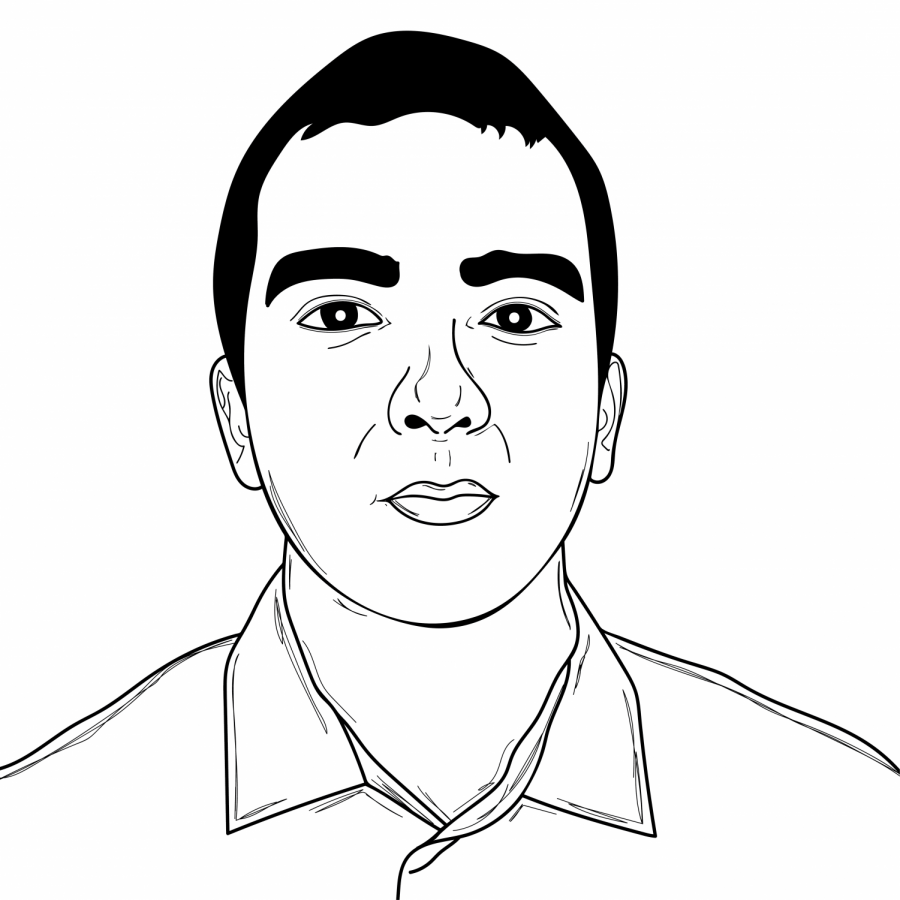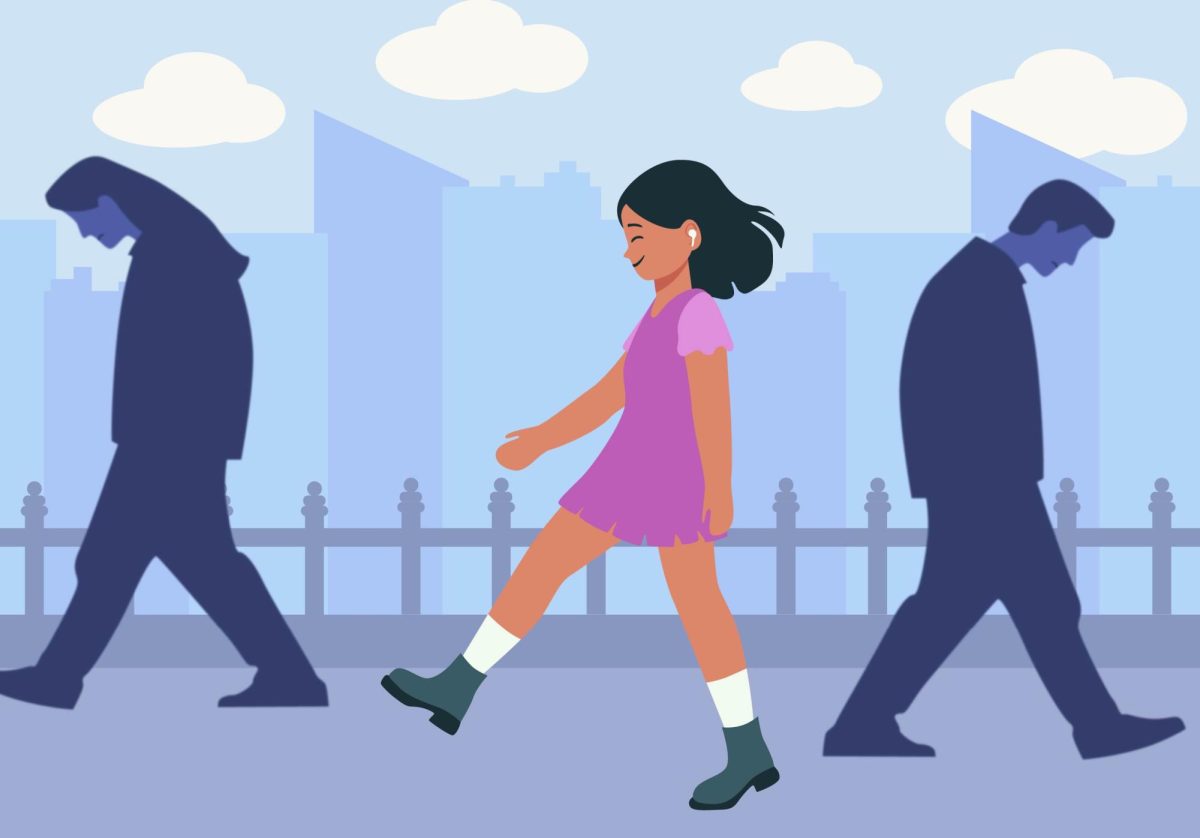Everyone’s least favorite weekend is upon us: As we move to daylight saving time (DST), our clocks will “spring” forward as Sunday at 1:59 a.m. central standard time (CST) mysteriously changes to 3:00 a.m. central daylight time (CDT). Besides the jokes about this weekend being shorter, complaints about losing an hour of sleep and the day-long question of why we do this weird time manipulation thing anyway, we simply accept it as reality and get over it by Tuesday (at the latest). Then, we’ll do it all over again in the fall and next year in the spring, like clockwork. Pun intended.
But why do we actually do this weird time manipulation twice a year?
Although some will point to farmers wanting more daylight in the evening hours of the summer, this is actually a myth. DST is actually about conserving energy and was first implemented during World War I. When the sun is up, we are less apt to use the lights in our house. As we progress toward the summertime, with the sun rising earlier and earlier, we are asleep when the sun rises. Essentially, we are wasting daylight. Because of this, we manipulate the time in the summer so we “steal” an hour of daylight from the morning when we are asleep and shift it to the evening when we are awake. This, in theory, saves energy, since lights aren’t needed as much when the sun is up. Still, reports have found that this saving is minimal if it exists at all.
Well, even if the savings are small or nonexistent, are there any downsides to standard time? As it turns out, the downsides are quite substantial.
To be clear, there are two different factors to consider when it comes to this time change being problematic. First, there is the problem of the switch itself, i.e., “falling” back an hour the first Sunday of November and “springing” ahead an hour the second Sunday in March. Second, there is the reality of when the sun is up in standard time — November through March — versus daylight time — March through November.
Secondly, the time switch itself isn’t just an annoying hour to lose or a helpful hour to gain in sleep. Both instances, but especially springing forward in March, have a negative effect on our circadian rhythm, or our internal clock that impacts our sleep schedule in layperson’s terms. According to the American Heart Association, a Swedish study showed a 6.7% increase in the risk for a heart attack in the first three days after we spring forward and a Finnish study showed an 8% increase in the risk for a stroke in the first two days after we spring forward. Additional studies show that the time switch also causes an uptick in suicides, workplace injuries and fatal car accidents.
Then, there is the issue of whether to stay in standard time or DST. Standard time, which is when we have more daylight in the morning, but less in the evening, is very problematic. In the last hour of daylight in DST — an hour that in standard time was dark, but in daylight time is light — we see a large decrease in robberies, murders and rapes. This is all attributed to the added hour of light in the evening. In addition, the added hour in the evening during DST means commuters drive home from work in daylight, leading to a 3% decrease in car crash fatalities.
Although there are, admittedly, larger issues for lawmakers in Washington to worry about, this issue needs to be considered. Sen. Marco Rubio (R-FL) introduced a bill in 2019 to make DST permanent in his home state of Florida. Just this past Wednesday, Rubio re-introduced the same bill. This bill would also allow Arkansas, Alabama, California, Delaware, Georgia, Idaho, Louisiana, Maine, Ohio, Oregon, South Carolina, Tennessee, Utah, Washington and Wyoming to make the permanent switch to DST. Allowing just these states would obviously cause confusion when traveling across state lines, but no worries — making DST permanent nationwide would solve that problem.
To be clear: We should end the time switch, but we should remain in DST, not standard time. The benefits of the switch are minimal if present at all, while the downsides are fairly substantial. This Saturday night (or Sunday morning), turn your clocks forward to DST. Let’s just hope we stay there for good.














